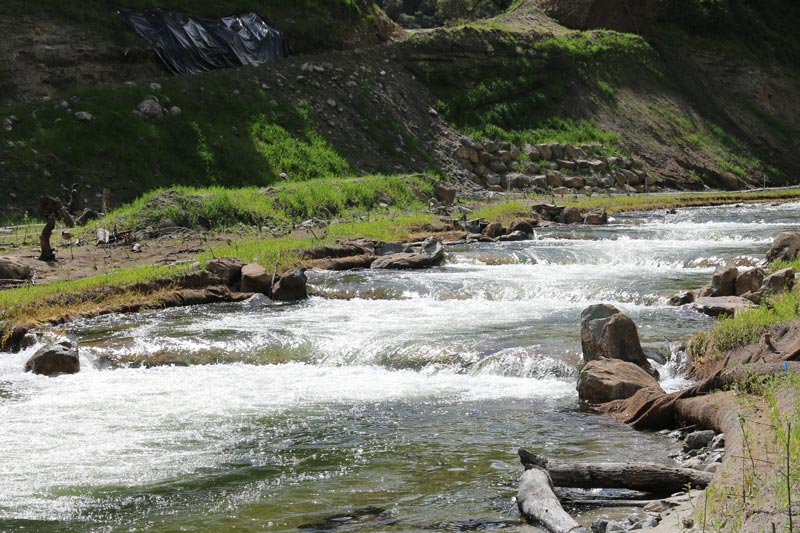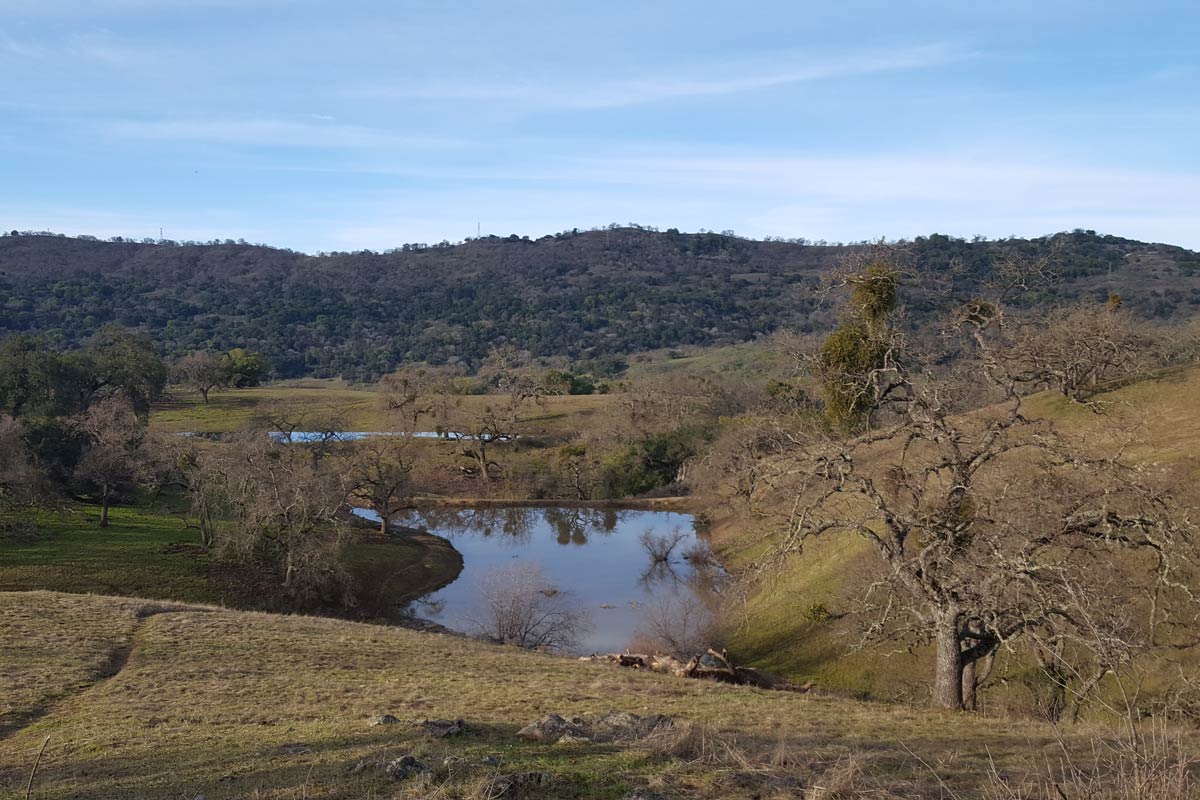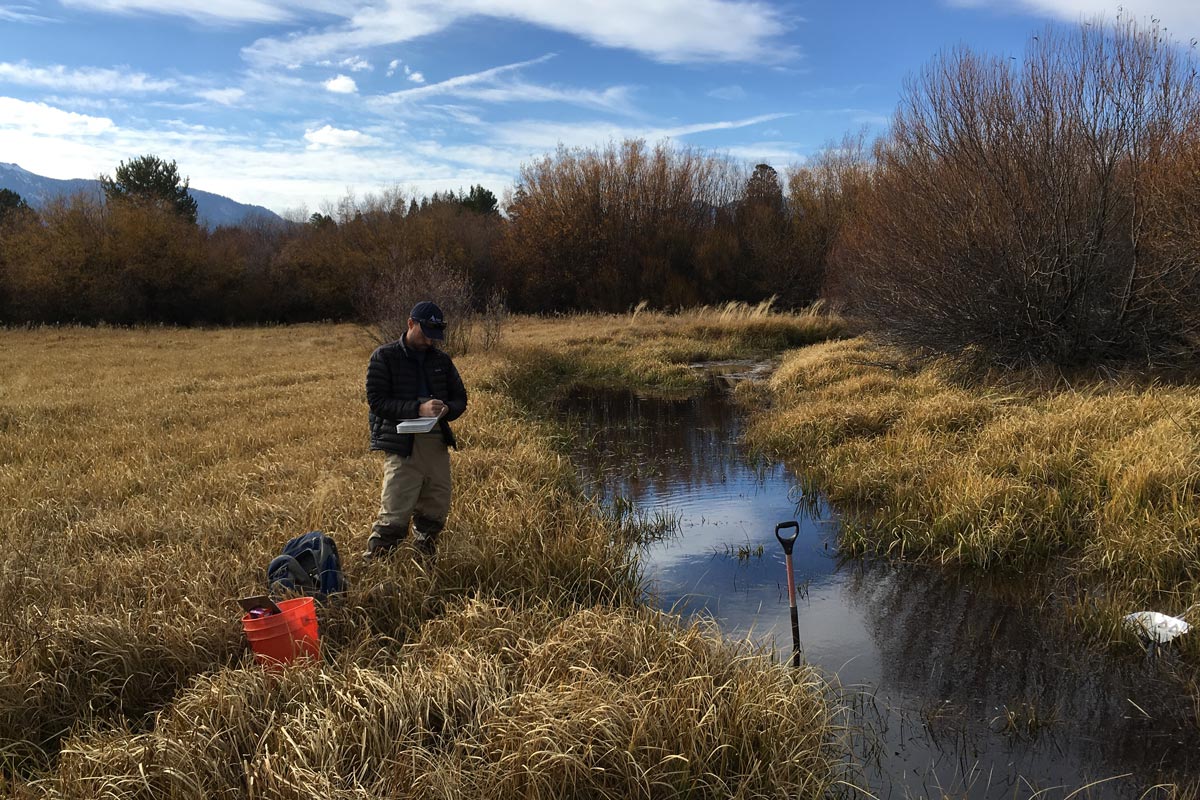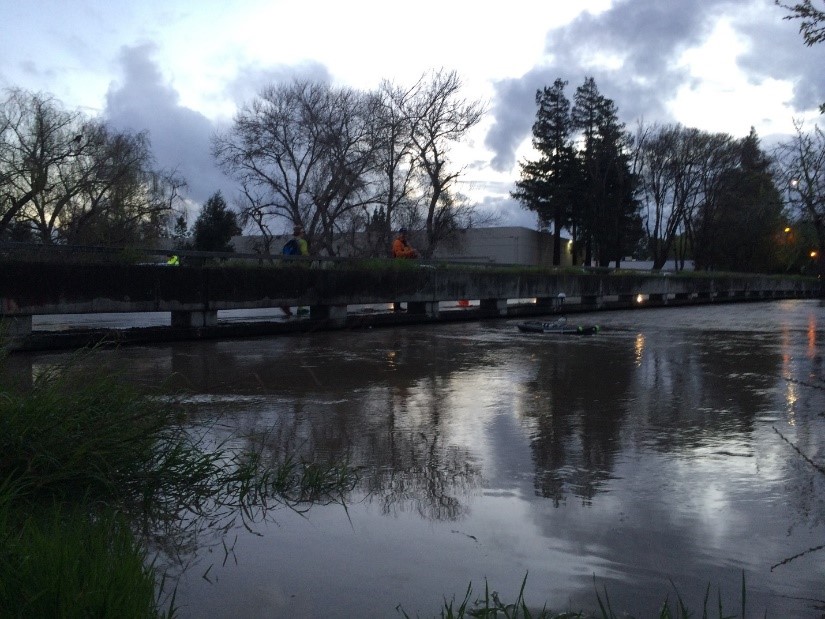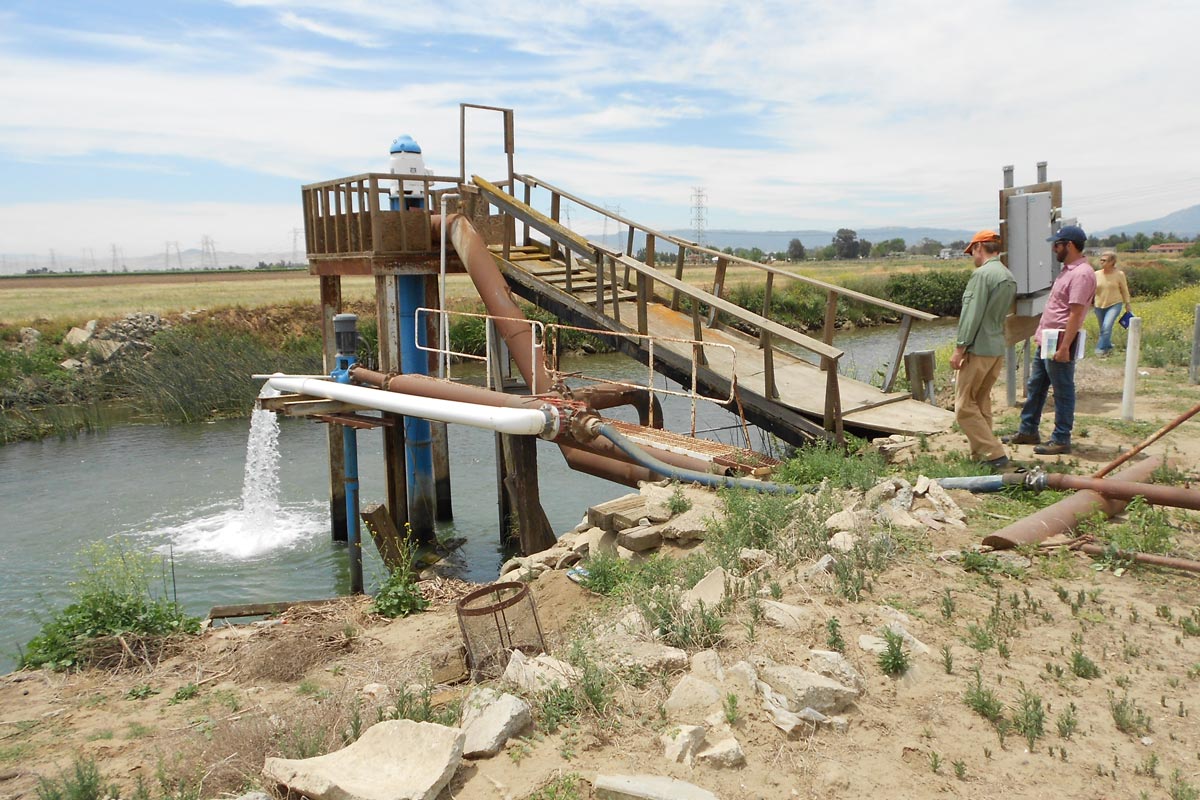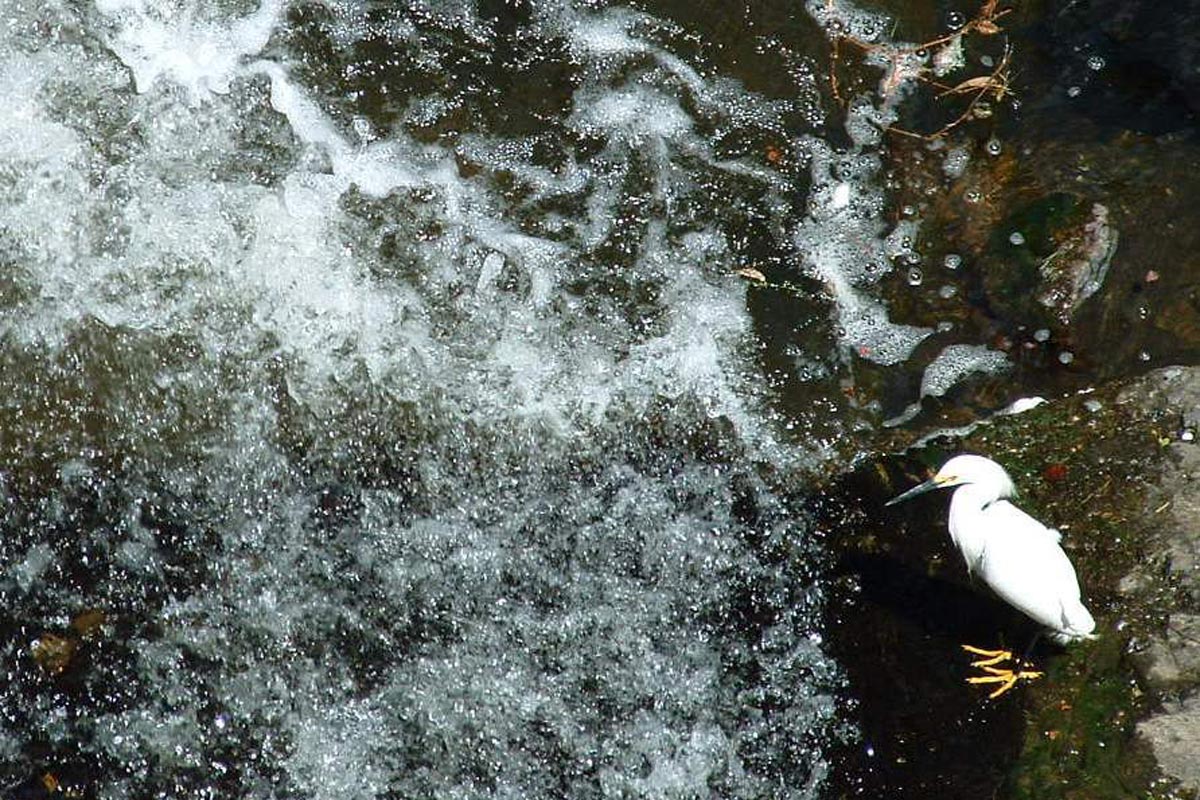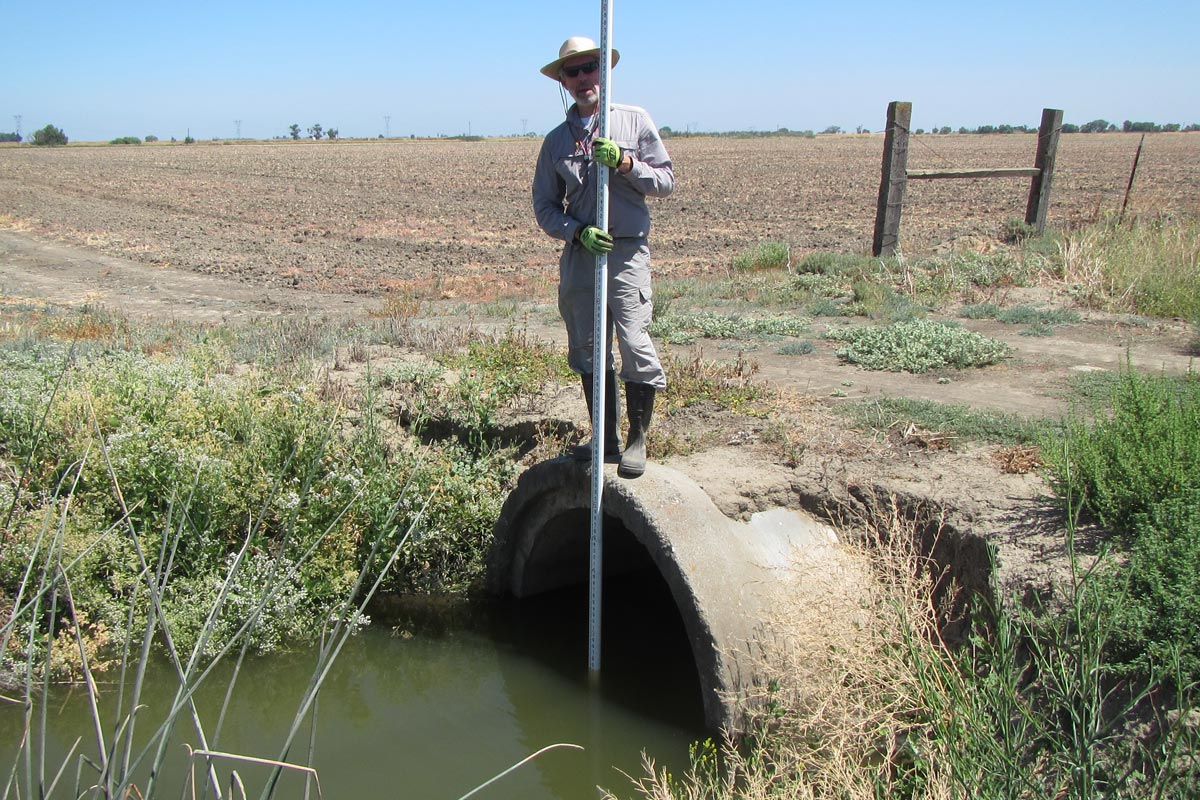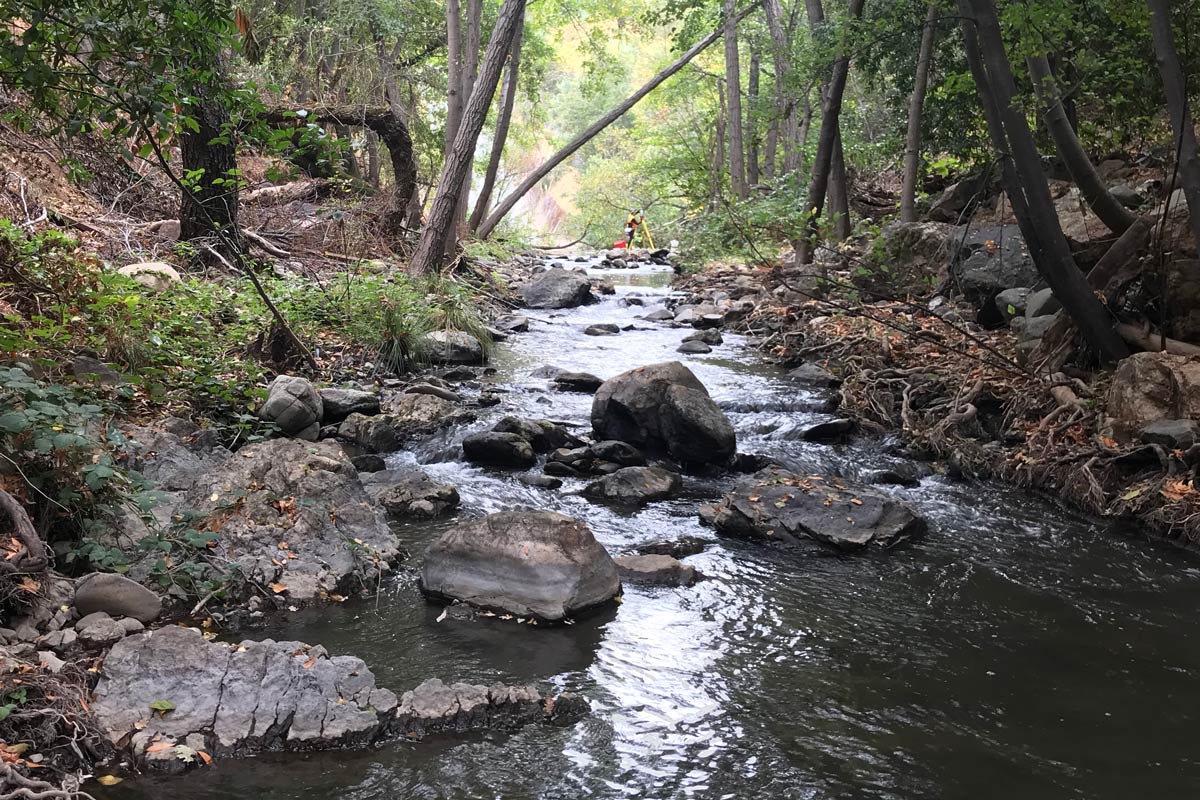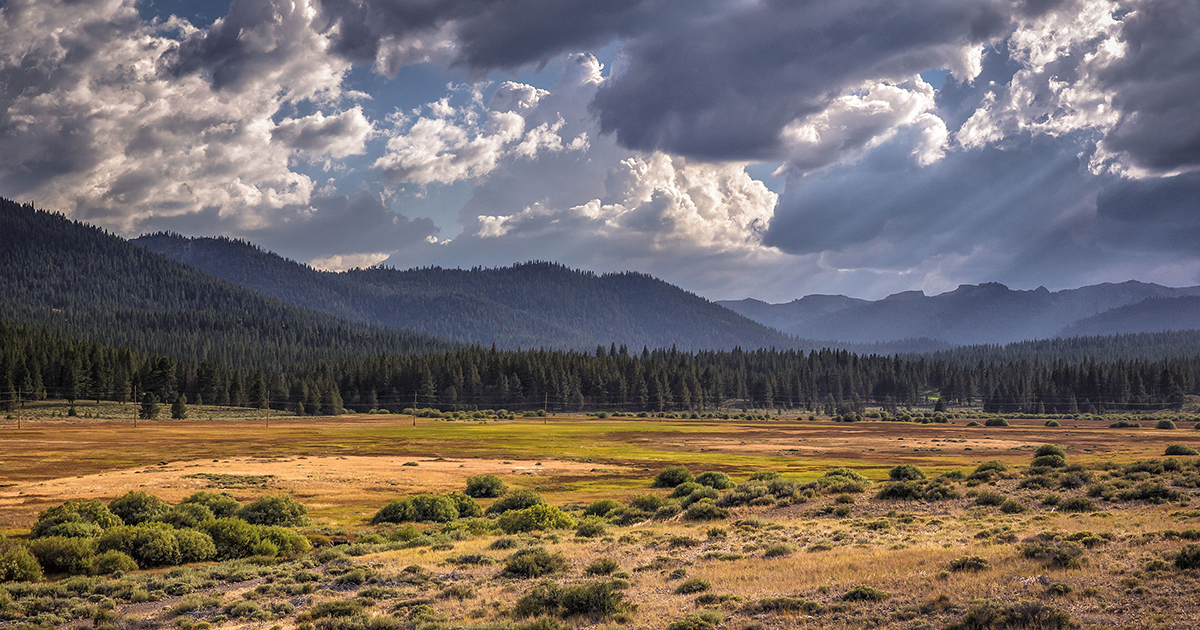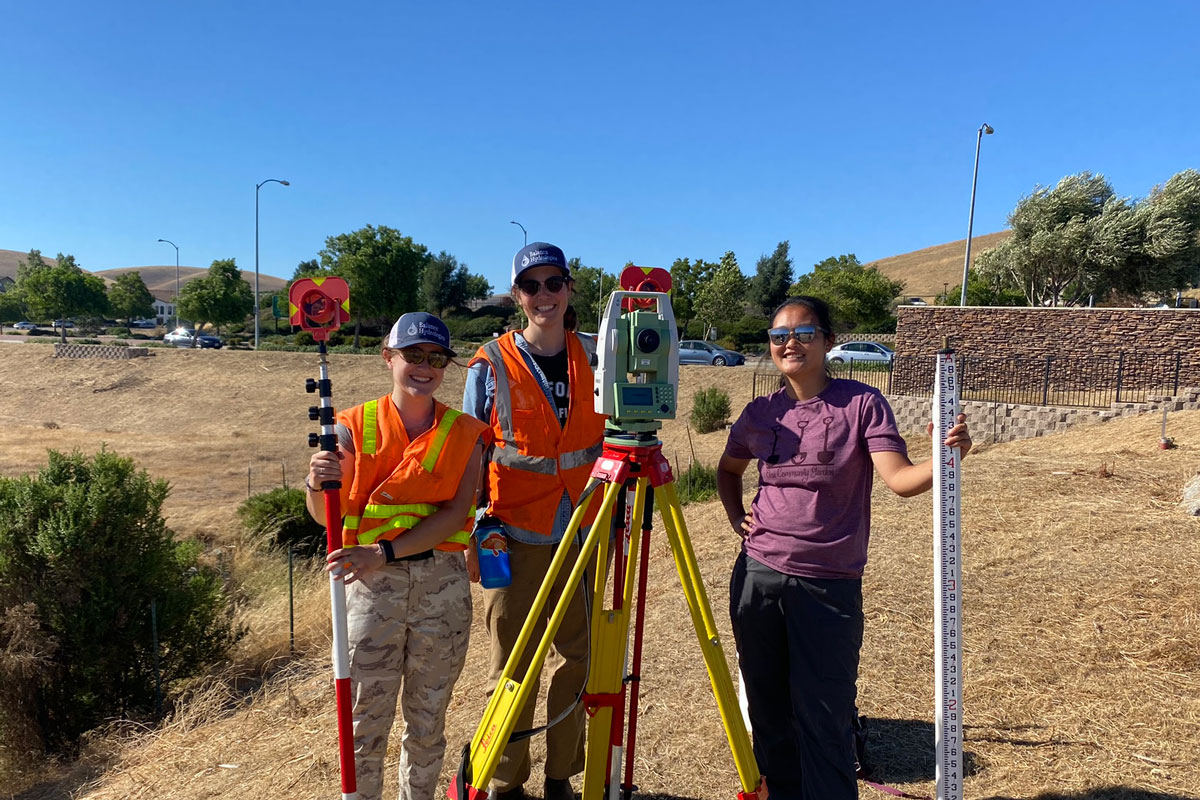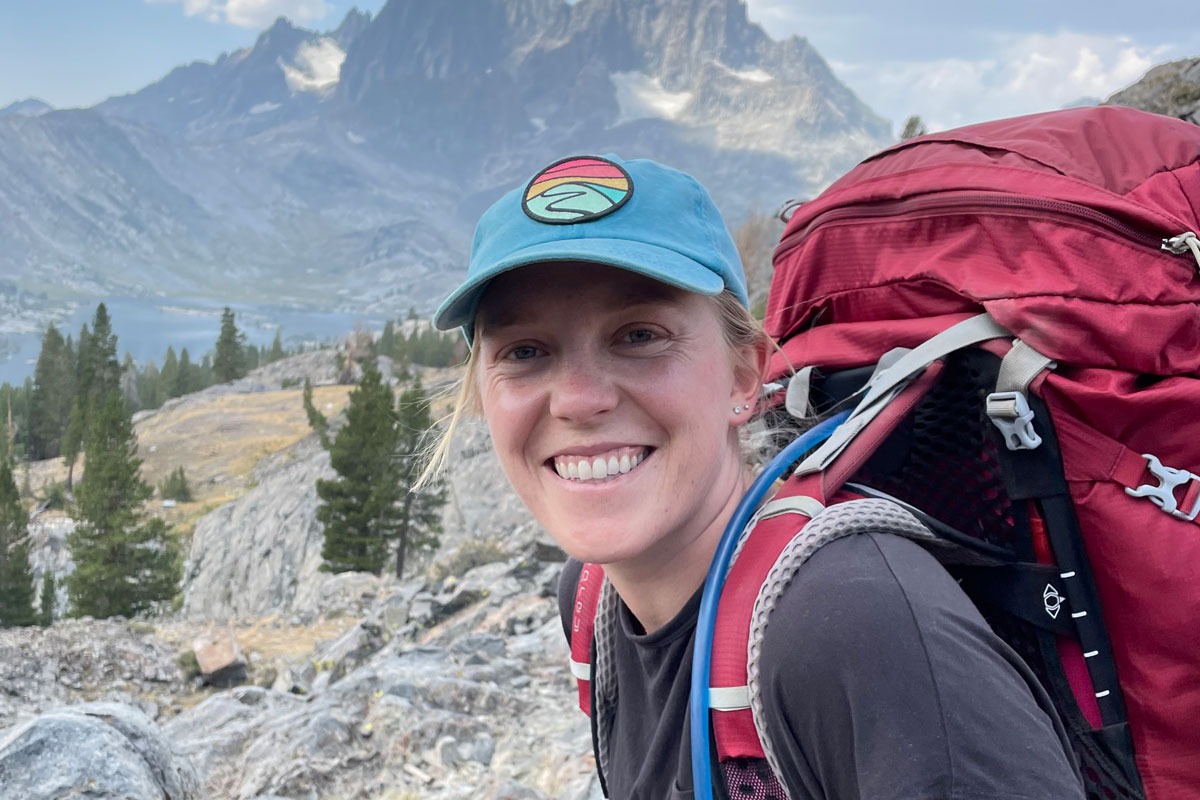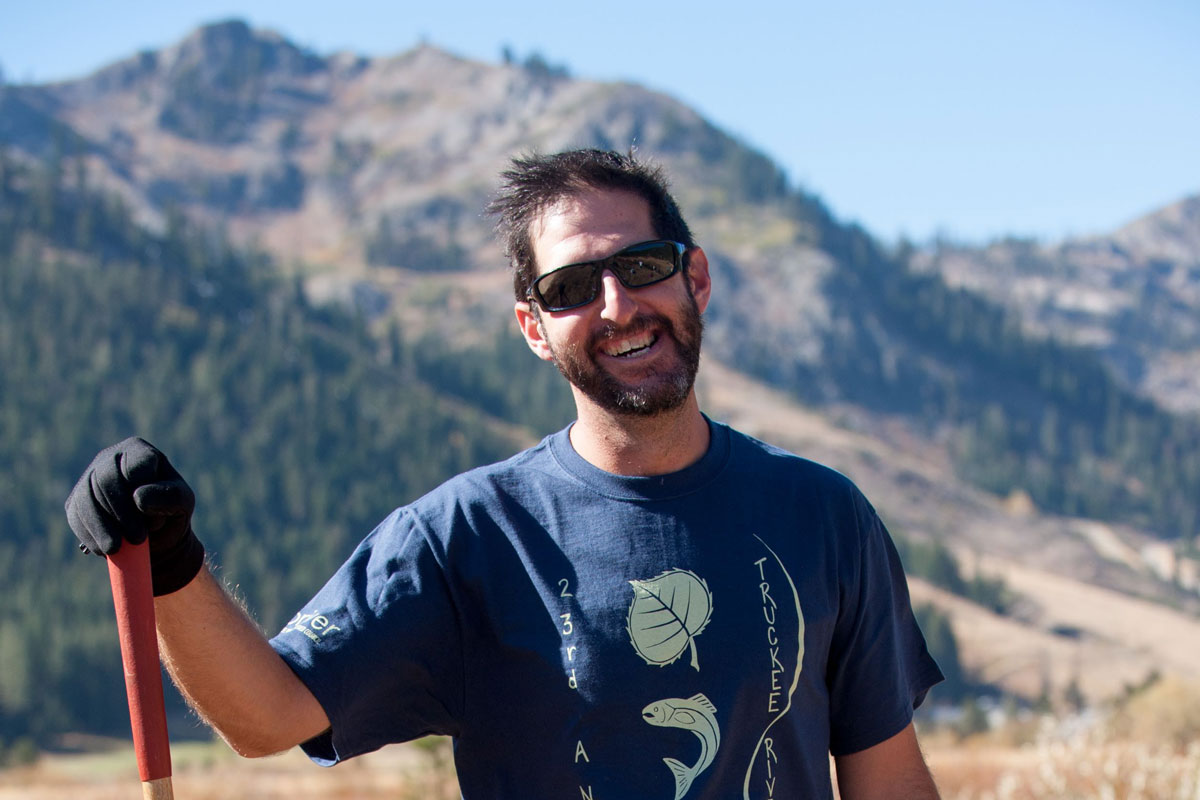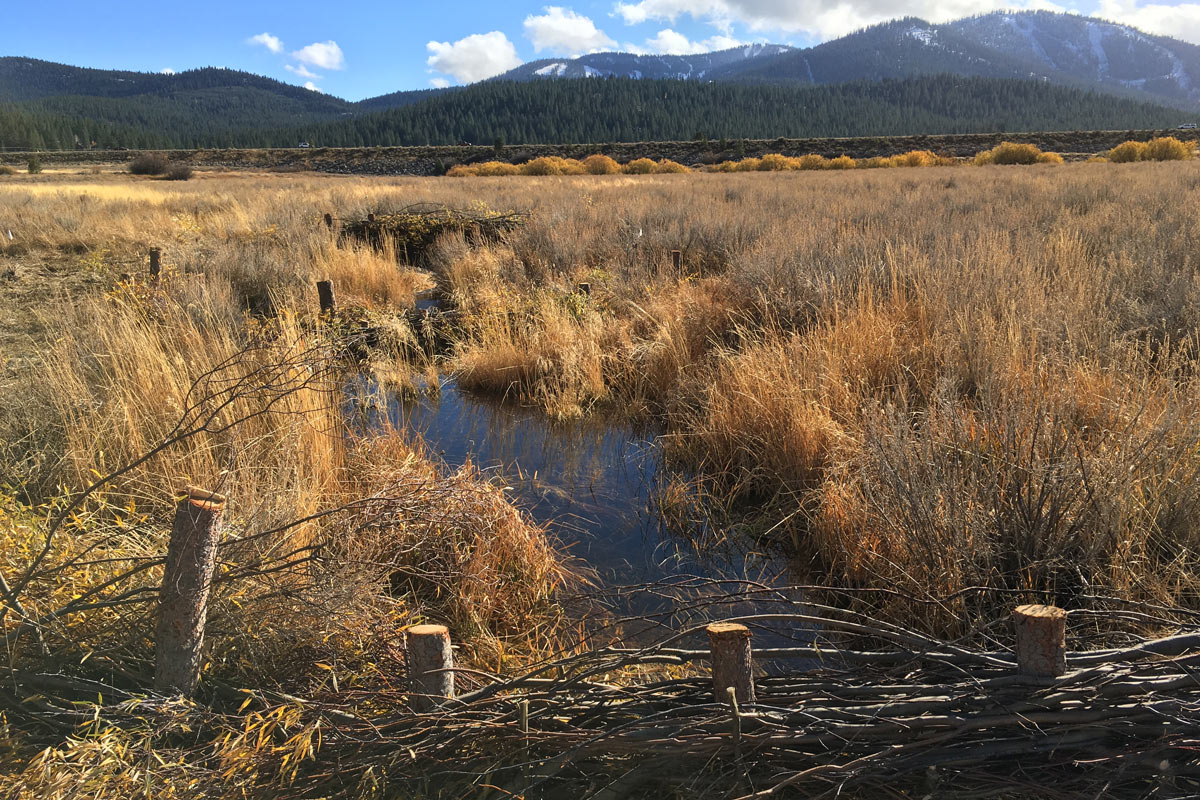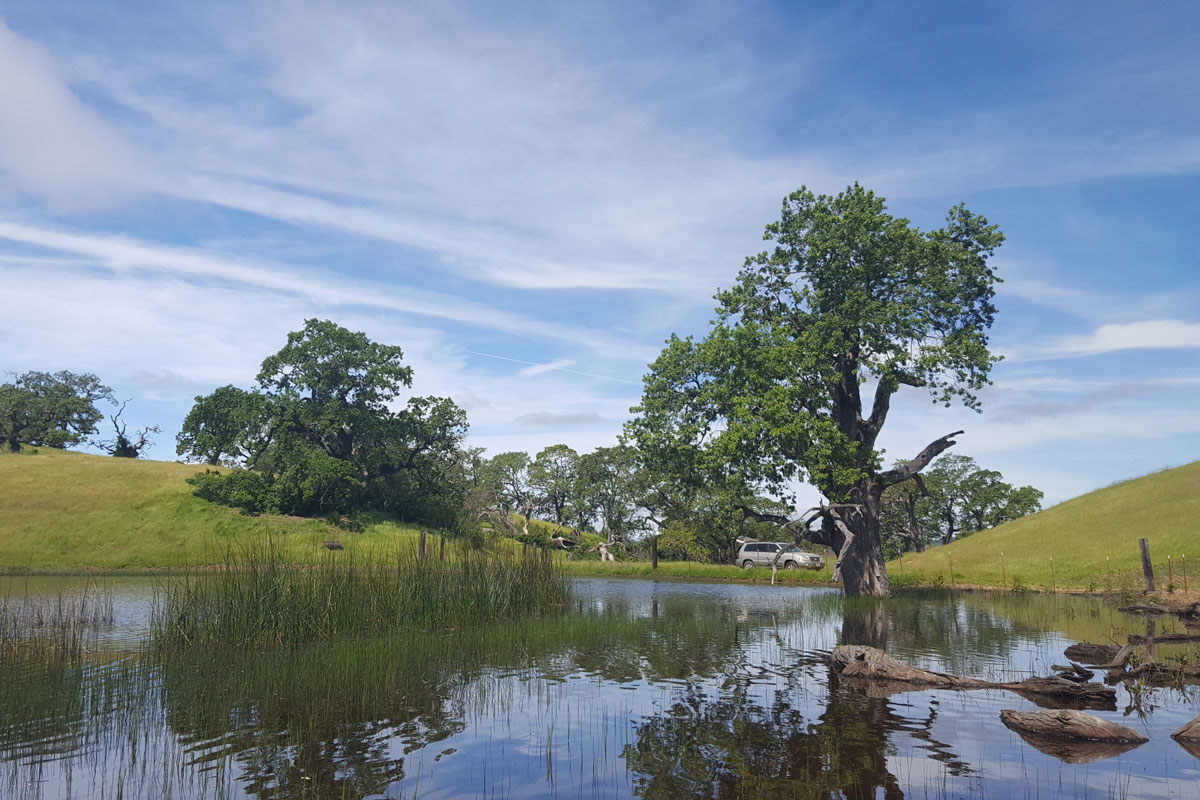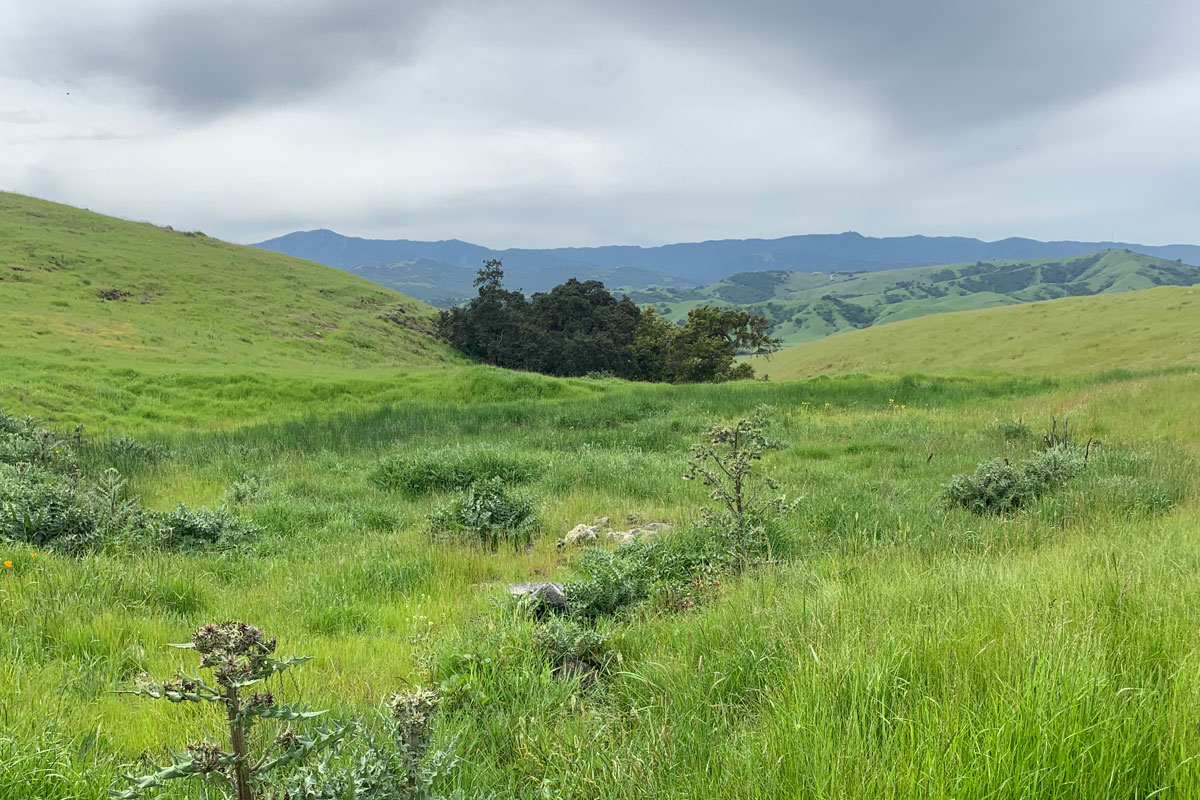Proposition 68: The Clean Water and Safe Parks Act is good news for California, great news for our project partners, and phenomenal news for the critters. The statewide measure authorizes $4.1 billion towards habitat restoration, climate resilience, parks, water quality and flood protection throughout the state.
Here’s how the funds will be allocated Statewide:
Clean and Sustainable Water Supply:
$540 million to ensuring safe drinking water
$180 million to increase water supplies with groundwater cleanup and water recycling
$550 million to protect local communities from flooding
$367 million to protect and restore our rivers, lakes, and streams
Total $1.6 billion
Safe and Accessible Parks
$725 million for parks in neighborhoods with the greatest need – neighborhood parks in park-poor neighborhoods in accordance with the Statewide Park Development and Community Revitalization Act.
$285 million to cities, counties, and local park districts to make local parks safer and improve facilities
$218 million to repair and improve state parks
$95 million to promote recreation and tourism
Total $1.3 billion
Protecting Natural Resources and Natural Disaster Preparation
$765 million for conserving and protecting natural areas
$235 million to protect our bays, coast, and ocean
$140 million to improve our resilience to climate change
Total $1.2 billion
Specific Funding Allocations for the Bay Area:
- $21.25 million for San Francisco Bay Conservancy Program (Coastal Conservancy)
- $20 million for restoration grants (Coastal Conservancy)
- $14 million for the Ocean Protection Trust Fund (Coastal Conservancy)
- County, city, and special district funding for local parks (per capita and other programs)
- $3 million for Los Gatos Creek and Upper Guadalupe River (Natural Resources Agency)
- $3 million for Russian River (Natural Resources Agency)
Summary of Funding Categories with Bay Area Eligibility:
State and Local Parks, Greenways, and River Parkways
- $725 million for the creation and expansion of parks in “park-poor neighborhoods”
- $290 million in funding for local parks (per capita and other programs)
- $218 million in funding to “create, expand… and improve state parks and park facilities”
- $30 million for trail and greenway investments (Natural Resources Agency)
- $25 million for recreational programs and parks in rural communities (State Parks)
Climate Preparedness, Habitat Resiliency, Resource Enhancement, and Innovation
- $443 million to various agencies including:
- $48 million for wildlife corridors & open space (Wildlife Conservation Board)
- $115 million for fishery and riparian restoration projects (Dept. of Fish and Wildlife)
- $60 million for agricultural land conservation and stewardship (Dept. of Conservation)
- $50 million for “for ecological restoration of forests” including urban forests (CalFire)
The measure was written to distribute bond revenue as follows:
| Amount | Dedication |
| $725 million | Creation and expansion of safe neighborhood parks in park-poor neighborhoods. |
| $350 million | Flood protection facilities, levee improvements, and related investments that protect persons and property from flood damage in the Central Valley |
| $290 million | Drought and groundwater investments, including groundwater recharge with surface water, stormwater, and recycled water and projects to prevent contamination of groundwater sources of drinking water |
| $250 million | Clean drinking water and drought programs. |
| $218 million | Restoration and preservation of existing state park facilities. |
| $200 million | Per capita grants to local governments for the improvement of local parks. |
| $200 million | Natural Resources Agency to implement agreements for water quality, water supply, and watershed protection projects. |
| $180 million | State conservancies. |
| $175 million | Projects related to ocean, bay, and coastal protection. |
| $170 million | Restoration activities identified in the Salton Sea Management Program Phase I. |
| $162 million | Grants to conservancies and programs to protect urban creeks and streams. |
| $137 million | Wildlife Conservation Board to provide regional conservation investment strategies, conservation plans, funds for the UC Natural Reserve System, and to improve national recreation areas serving urbanized areas. |
| $100 million | Programs to prevent damages from stormwater, mudslides, and flash floods. |
| $100 million | Competitive grants for multibenefit projects in urbanized areas to address flooding, including stormwater capture and reuse, low-impact development planning, urban watershed restoration, and permeable surfaces. |
| $80 million | Competitive grants for groundwater cleanup of contaminated drinking water sources. |
| $60 million | Improvement of wildlife and fish passage. |
| $60 million | Protection and restoration of upper watershed lands in the Sierra Nevada and Cascade Mountains that improve water supply and quality. |
| $60 million | Competitive grants to protect natural, cultural, historic, and Native American resources; covert retired fossil fuel powerplant sites for open space, parks, or tourism; science centers; civic and athletic venues; cultural centers that recognize that contributions of the state’s ethnic communities; and nonprofit aquariums. |
| $50 million | Department of Fish and Wildlife to address deferred maintenance. |
| $50 million | Projects that provide ecological restoration of forests, including projects to reduce fire risk. |
| $40 million | Grants to local jurisdictions whose voters passed local measures between 2012 and 2018 to improve local or regional park infrastructure. |
| $40 million | Projects to assist coastal communities with adaptation to climate change, including projects that address ocean acidification, sea level rise, or habitat restoration. |
| $40 million | California Conservation Corps to rehabilitate state and local parks and restore watersheds. |
| $30 million | Grants to regional park districts, counties, open-space districts, joint powers authorities, and eligible nonprofit organizations to restore and improve parks. |
| $30 million | Grants to local agencies, state conservancies, Native American tribes, joint powers authorities, and nonprofit organizations to promote new or alternative access to parks, waterways, outdoor recreation, and natural environments. |
| $30 million | Salton Sea Authority to provide air quality and habitat projects. |
| $30 million | Protection and restoration of habitat associated with the Pacific Flyway. |
| $30 million | Department of Fish and Wildlife to improve conditions for fish and wildlife in streams, rivers, wildlife refuges, wetland habitat areas, and estuaries. |
| $30 million | Projects on farms and ranches to sequester carbon, improve habitat, reduce development pressures, and increase water absorption and retention. |
| $25 million | Competitive grants to rural areas for recreational projects to support economic and health-related goals. |
| $25 million | tream restoration to benefit fisheries and wildlife. |
| $18 million | Wildlife Conservation Board to provide wildlife corridors and open space, improve threatened and endangered species habitat, improve adaptation and resilience of natural systems to climate change, protect and improve existing open-space corridors and trail linkages, provide wildlife rehabilitation facilities, control invasive plants or insects, improve aquatic or riparian habitat, provide projects to benefit salmon and steelhead, provide hunting and wildlife-dependent recreational opportunities through agreements with private landowners. |
| $15 million | Grants to cities and districts in urbanized counties with populations of 200,000 or less that provide park and recreation services. |
Sources:
https://yes68ca.com/learn-more/
https://ballotpedia.org/California_Proposition_68,_Parks,_Environment,_and_Water_Bond_(June_2018)
